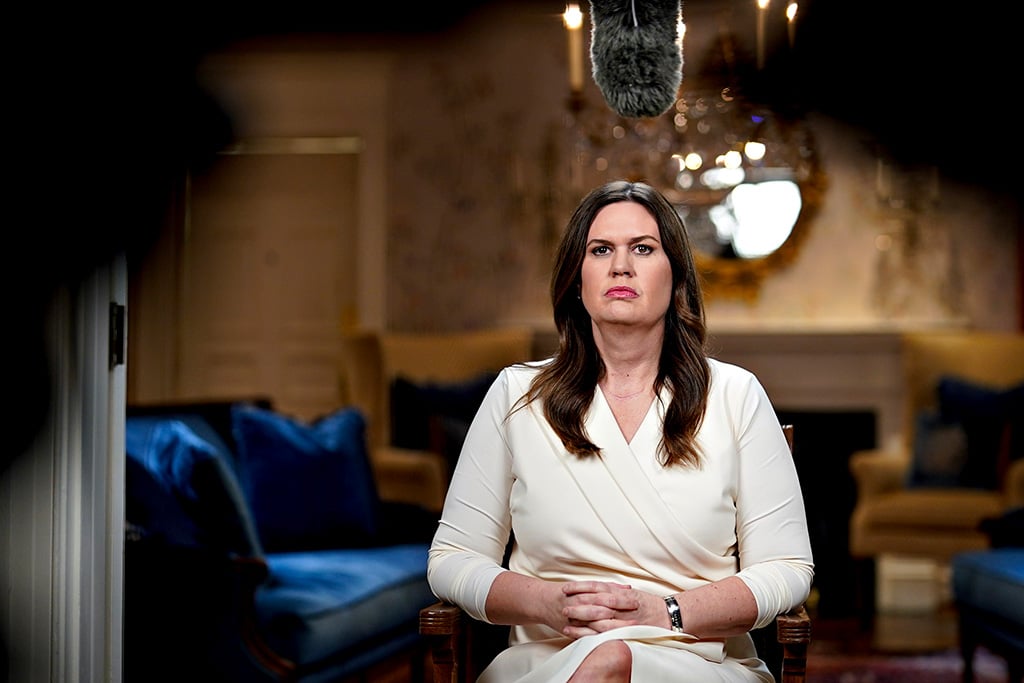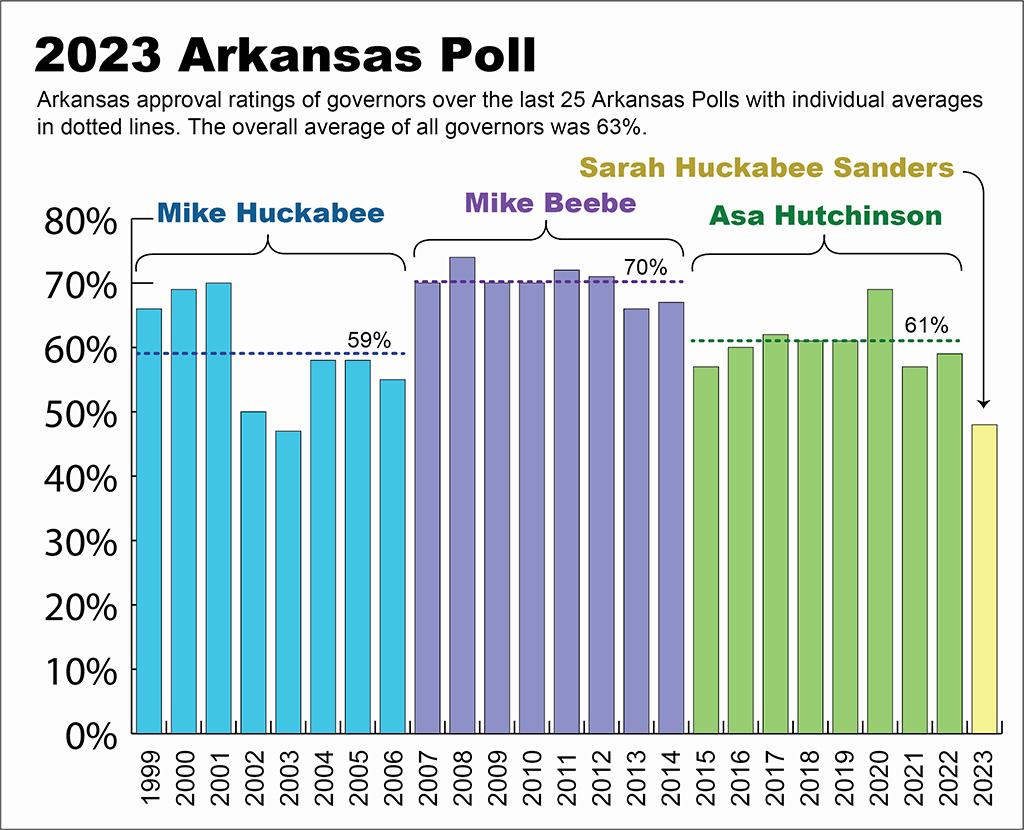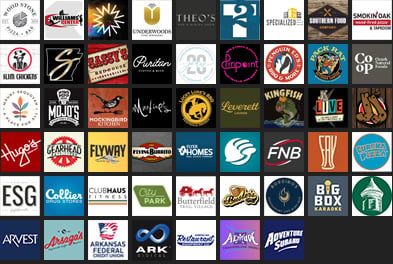 Gov. Sarah Huckabee Sanders, R-Ark., speaks while delivering the Republican response to President Biden’s State of the Union address, Tuesday, Feb. 7, 2023, in Little Rock, Ark. (Al Drago/Bloomberg, Pool)
Gov. Sarah Huckabee Sanders, R-Ark., speaks while delivering the Republican response to President Biden’s State of the Union address, Tuesday, Feb. 7, 2023, in Little Rock, Ark. (Al Drago/Bloomberg, Pool)Gov. Sarah Huckabee Sanders has the lowest approval rating for an Arkansas governor in 20 years, according to the 25th annual Arkansas Poll released on Monday.
The poll shows Sanders at 48%, which is the lowest since her father, former Gov. Mike Huckabee, received a 47% approval rating in 2003.
Sanders, who is in her first year as governor, also set a record for disapproval at 39%, which is the highest of any Arkansas governor since the poll was first launched in 1999.
Sponsored by the Diane D. Blair Center of Southern Politics and Society at the University of Arkansas, the Arkansas Poll is one of the longest running state-level polls in the country.
This year’s results were compiled after conducting 801 telephone interviews with randomly selected adult Arkansans between Oct. 4-22. It has a margin of error of plus or minus 3.5%.
The poll’s history shows Gov. Mike Beebe, a Democrat, had a 70% approval rating in his first year in 2007, and a disapproval rating of 9%. In 2015, Republican Asa Hutchinson had a 57% approval rating in his first year, and a disapproval rating of 18%.
Despite Sanders’ low ratings, she compared favorably to the approval for Sen. Tom Cotton (42%), Sen. John Boozman (40%), and President Joe Biden (33%).
Aside from approval ratings for public figures, the poll asks questions about life in Arkansas, level of satisfaction with public services, current issues, willingness to seek help for mental health concerns and political party and ideology.
Janine Parry, director of the Arkansas Poll and professor of political science at the University of Arkansas, said this year’s poll found voters were feeling cautiously optimistic compared to last year.
There was a notable 6-point uptick in respondents who believe the state is on the right path. However, Parry noted that the portion of respondents who think the state is headed in the wrong direction has increased in recent years, to 1 in 3.
“A volatile economic and political environment is likely influencing some people’s general sense of well-being, in Arkansas and elsewhere,” Parry said.
 (University of Arkansas)
(University of Arkansas)Overall, the majority of respondents expressed a high level of satisfaction with state and local services, including police protection, public libraries, parks, and higher education institutions. However, there were notable exceptions: nearly half (47%) expressed dissatisfaction with K-12 public schools, and a slightly higher 53% with the public welfare system. Both sectors echoed sentiments from two decades ago.
Parry, who is set to retire in 2024, estimated that since the poll first began, it has completed more than 23,000 interviews, each which include at least 60 questions. That’s around 1.4 million data points about the perceptions and expectations Arkansans have of their public officials.
“Shepherding this project has never been dull,” Parry said. “Polling during the elections of 2010, 2012, and 2014 — in the thick of Arkansas’s rapid party flip — was stressful. But by maintaining gold standard methods and full transparency we’ve produced an enviable track record.”
» See the Arkansas Poll summary report here

